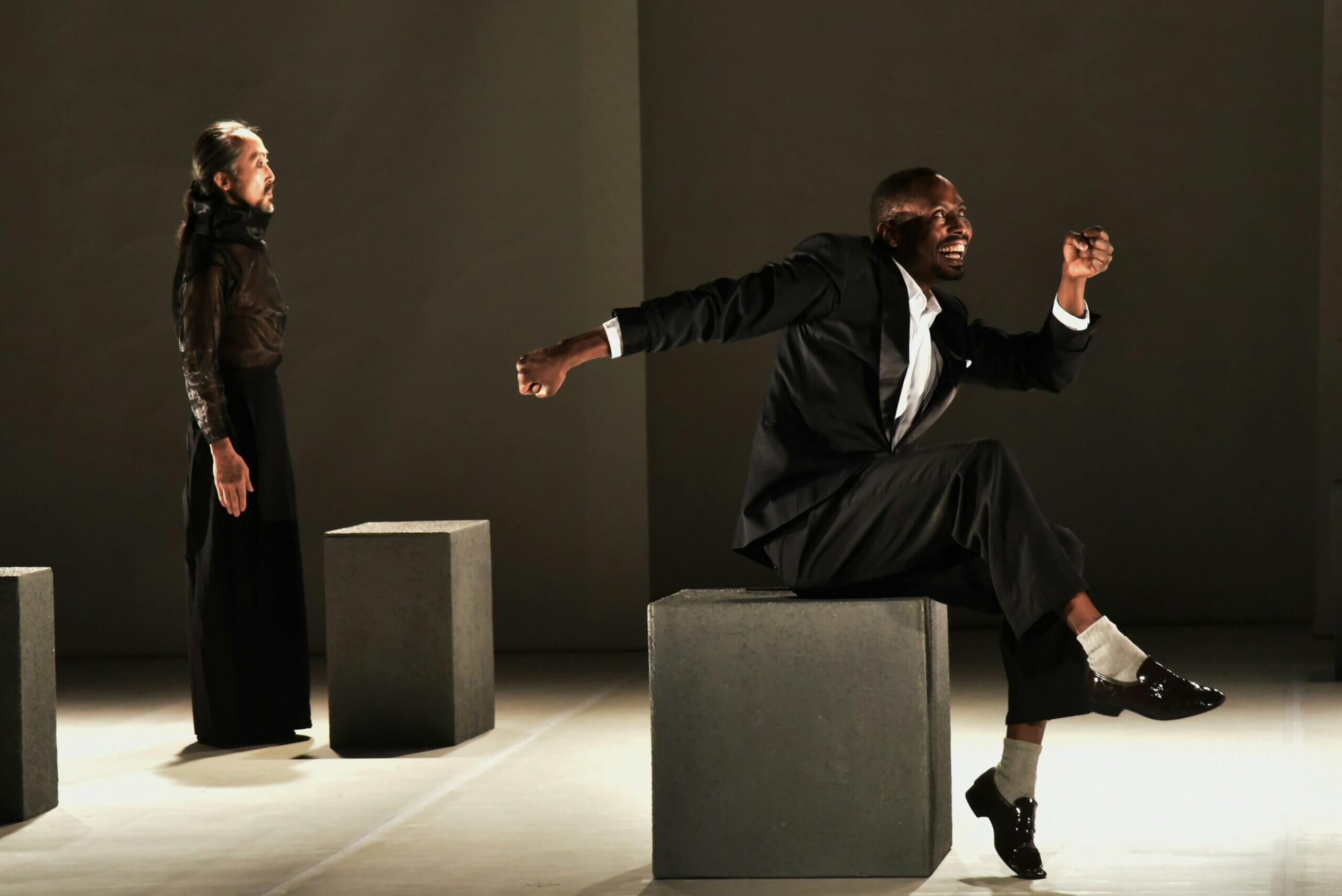How Facial Expressions Impact Your Acting
The eyes are the windows to the soul, and actors are expected to keep those windows crystal clear and wide open. While it may seem obvious to the point of condescension that facial expressions impact acting, it’s not often we consider how.
Become familiar with the topography of your face.
The structure of your features will, for better or worse, elicit a first impression before acting ever starts. Consider actor Michelle Gomez, who in her interview with Bustle, stated “I was blessed with this face. I was born to play witches and bitches until the day I die with this kind of structure.” (Patton, Rebecca, “Chilling Adventures Of Sabrina” Star Michelle Gomez Makes Going Bad Look Like A Blast). What were you born to play? What do you naturally project? Personally, I’ve learned from watching myself on camera that my face naturally registers as intense, which can make any given expression about 40% angrier than I’m actually feeling if I’m not careful. Watch yourself. Take note of the impression you make on others. Your natural state is the foundation beneath the structure your acting erects.
How does your face affect your technique?
Getting to know your face, especially on camera, will necessitate adjustments. For example, I have very large eyes which can often be an advantage in transmitting emotions to an audience. But on film, it can be distracting, as excessive eye movements are amplified on camera. Things like this don’t mean you have to overthink, it just means you need to cultivate an awareness and be intentional. In self tapes especially, I’m now much more aware of my eye line and making every glance purposeful.
Consider the audience.
On a technical note, you’re going to have to adjust your facial expressions depending on the medium. On film, the camera might be inches from your face. While actors are often told to “do less” on film, be careful of reeling back to the point you’re not acting. Acting on camera doesn’t mean you have to erase your facial expressions. Focus on allowing your audience in with your energy. Live right behind your eyes. Acting on stage, on the other hand, requires you to reach out to the audience, projecting your energy to reach them. The size of the space will determine how amplified your expressions can be.
Get in touch with your own expressions.
If you’re a person who maintains an even aspect in your personal life, you may have to “practice” your facial expressions. This sounds horribly contrived, I know, but what I really mean is allow yourself to get into the habit of expressing your emotions in your personal life so it feels natural when you reproduce those emotions. As a novice actor, I had deep insecurities about crying on cue, and it wasn’t until I allowed myself to cry more in my personal life that I was able to access tears easily in my acting. Knowing where emotions live in your body allows you to bring ready expression to them. If you’re struggling, consider taking time for yourself to meditate, checking in with your emotions as you experience them during daily life, or even talking to a therapist and breaking down any internal barriers that might be blocking your emotions (and therefore your expression of them).
People are drawn to faces. We are constantly scanning and analyzing each others’ expressions in daily life, and the same is no less true when watching films or plays. Bringing organic subtlety and specificity to your facial expressions is a major part of making your acting believable and grounded.
________________________________________
Rachel Frawley is an actor, writer, and producer based in Atlanta. In addition to writing for Cast It Talent since 2013, she holds a B.F.A. in Theatre from Michigan State University and is an Atlanta Shakespeare Co. apprentice company graduate. She has worked for the past nine years in Atlanta as an actor, theatre education artist and audiobook narrator with ListenUp Studio. In 2016 she joined a new team as a producer for the Weird Sisters Theatre Company, a company committed to creating theatre by women, for everyone. In keeping with the model of that company, she recently helped vet and hire a new team of producers, to whom she will continue to serve in an advisory capacity. Rachel is currently represented by Crossbeam Talent. For more information, please visit her website at www.rachelfrawley.com.
Follow us on Facebook, Twitter, and Instagram for breaking industry news and exclusive offers!




